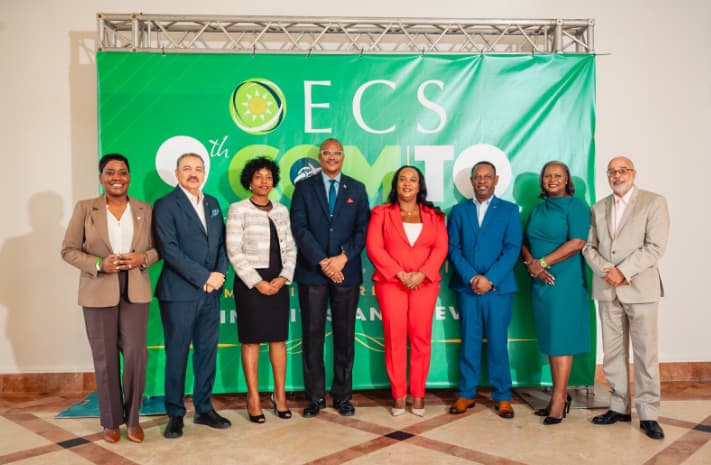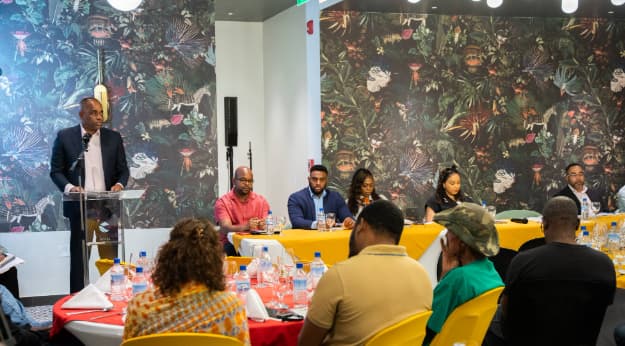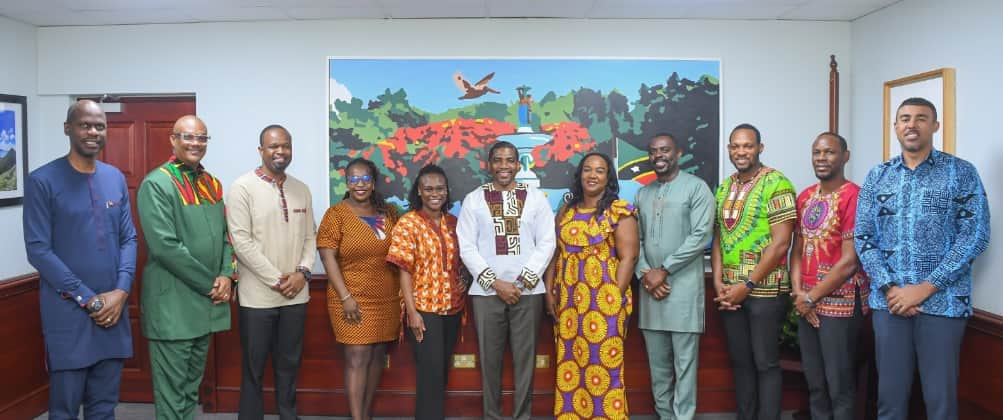UNICEF report states over 650,000 individuals in Haiti requires humanitarian aid
According to the data revealed by UNICEF, even after one month of devastating 7.2 magnitudes of the earthquake still more than 650,000 individuals in Haiti requires humanitarian assistance.
16th of September 2021

Haiti: According to the data revealed by UNICEF, even after one month of devastating 7.2 magnitudes of the earthquake still more than 650,000 individuals in Haiti requires humanitarian assistance.
Out of these statistics published, 260,000 are children who need assistance.
Jean Gough, the UNICEF Regional Director for Latin America and the Caribbean, cited that, “Children in Haiti are still striving to come to terms with the aftermath of an earthquake that lead their homes, schools, health facilities and the entire communities to break.
Following the statement, he added, “Health services continue largely disrupted in the Southwestern part of Haiti. Many hospital buildings are either damaged/destroyed. Many families with children are fearful of seeking treatment at the few health facilities left standing. Insufficient access to safe water and basic health services is putting young lives at risk.”
UNICEF has so far assisted in equipping 24 mobile clinic teams with necessary medical equipment and medicines to provide combined health and nutrition services – which also includes the identification and treatment of acute malnutrition – in the remote communes.
Gough further added that “If families with the children cannot access health facilities after the earthquake, it’s critical to bring lifesaving health services to them so we can prevent child deaths,” said Gough. “UNICEF is setting up more mobile clinics on the ground to keep children healthy. With thousands of families and children in urgent need of medical attention, we cannot wait for the health facilities to be rebuilt.”
The organisation is also requesting- US$73.3 million to respond to the humanitarian needs due to the earthquake, concentrating on providing urgent support in the areas of – health, education, WASH, nutrition and child protection, including gender-based violence (GBV), over the next 6 months. To date, less than 11 per cent has been received.
Latest
- St Kitts’ Marsha Henderson takes OECS Tourism Chair, calls for greater regional integration
-
Regional Leaders congratulate PM Mia Mottley on third consecutive election victory in Barbados -
PM Terrance Drew meets PM Roosevelt Skerrit to strengthen CARICOM ahead of 50th Heads of Government Meeting -
BLP Secures Third Consecutive Term in Barbados, Sweeps All 30 Parliamentary Seats -
CrazyMess Wet & Dutty to Feature Bouyon Madness at Mas Dominik’s Carnival Monday 2026
Related Articles




12th of February 2026

11th of February 2026

11th of February 2026


